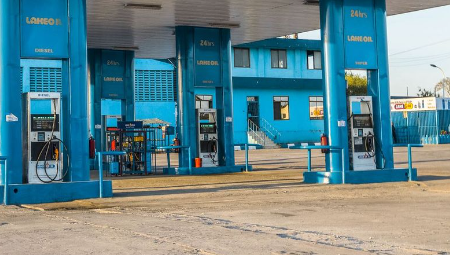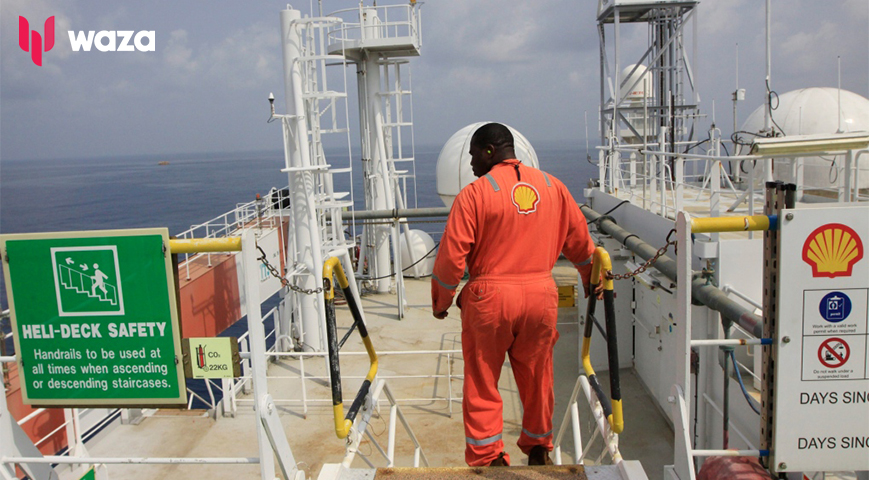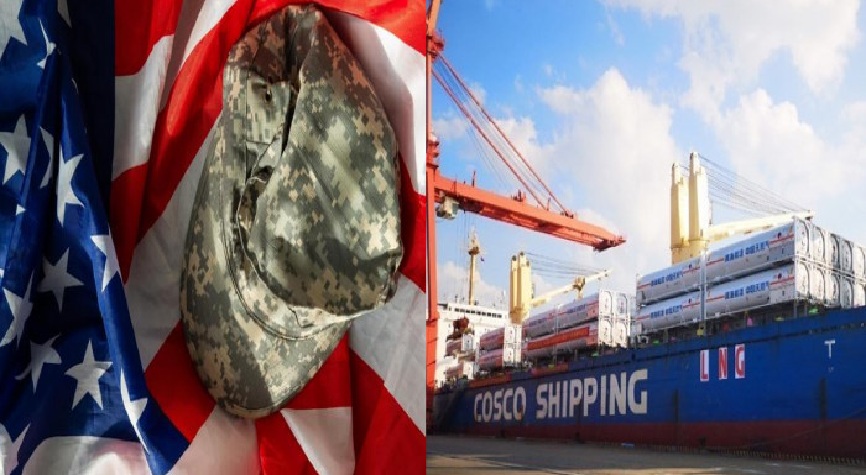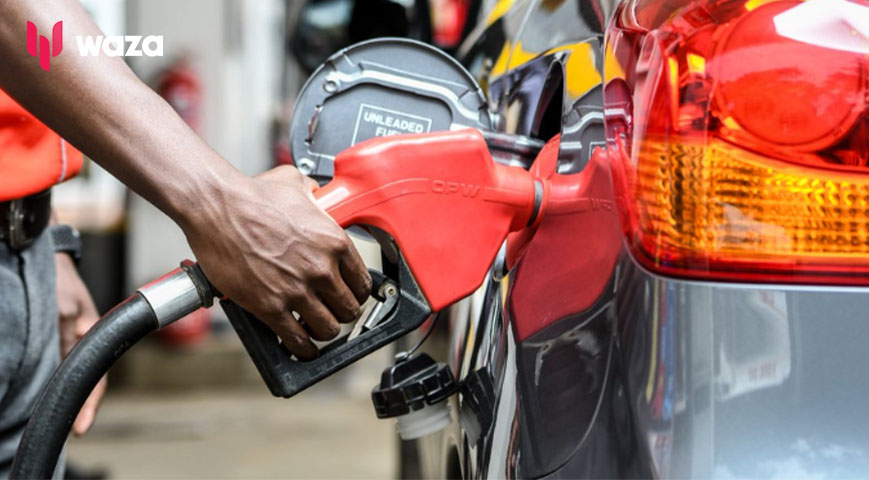Pesapal has unveiled a new solution dubbed “Forecourt Management Solution” that allows petrol station owners to automate fuel and retail management processes.
Forecourt Management Solution which offers integrated payments alongside monitoring and data tools will be operational in Uganda, Kenya and Tanzania.
It connects distribution points and digital payments with tools to reduce costs and wastage, improving customer experience.
Pesapal CEO Agosta Liko noted that Independent petrol station operators and large forecourt networks are changing up their business models, with convenience services, new fuels and battery charging.
“This makes it a more exciting, complex and risky game to be in. We’re helping them automate and digitize, so they can focus on growing their businesses,” Liko said.
Further the CEO said that with the Solution, petrol station owners can remotely monitor and control LPG and fuel dispensers.
The solution automates talk to tank gauges, price displays and payment systems besides integrating mobile money, cards and online payments.
“We’ve spent months working with petrol station owners across East Africa and we’ve consistently heard about a lack of affordable monitoring and data tools for our unique environment. Many owners want to transform their forecourt into a multi-use hub, but they’re flying blind at the moment.” he said.
Pesapal provides a back-end reporting tool and allows station owners to link Point of Sale (POS) and other technology platforms to forecourt operations.
Additional functions include centralised price changes, RFID-based attendant tagging, automatic indenting of products and posting of outlet data to head office systems.
Pesapal is a Technical Associate of the International Forecourt Standards Forum (IFSF).
The community is focused on technology standards to benefit automotive fuel and energy retailers.
It is also championing the interoperability of forecourt and convenience devices and services.
IFSF membership paves the way for Pesapal to partner with African forecourt operators to drive further automation and meet changing global standards.












